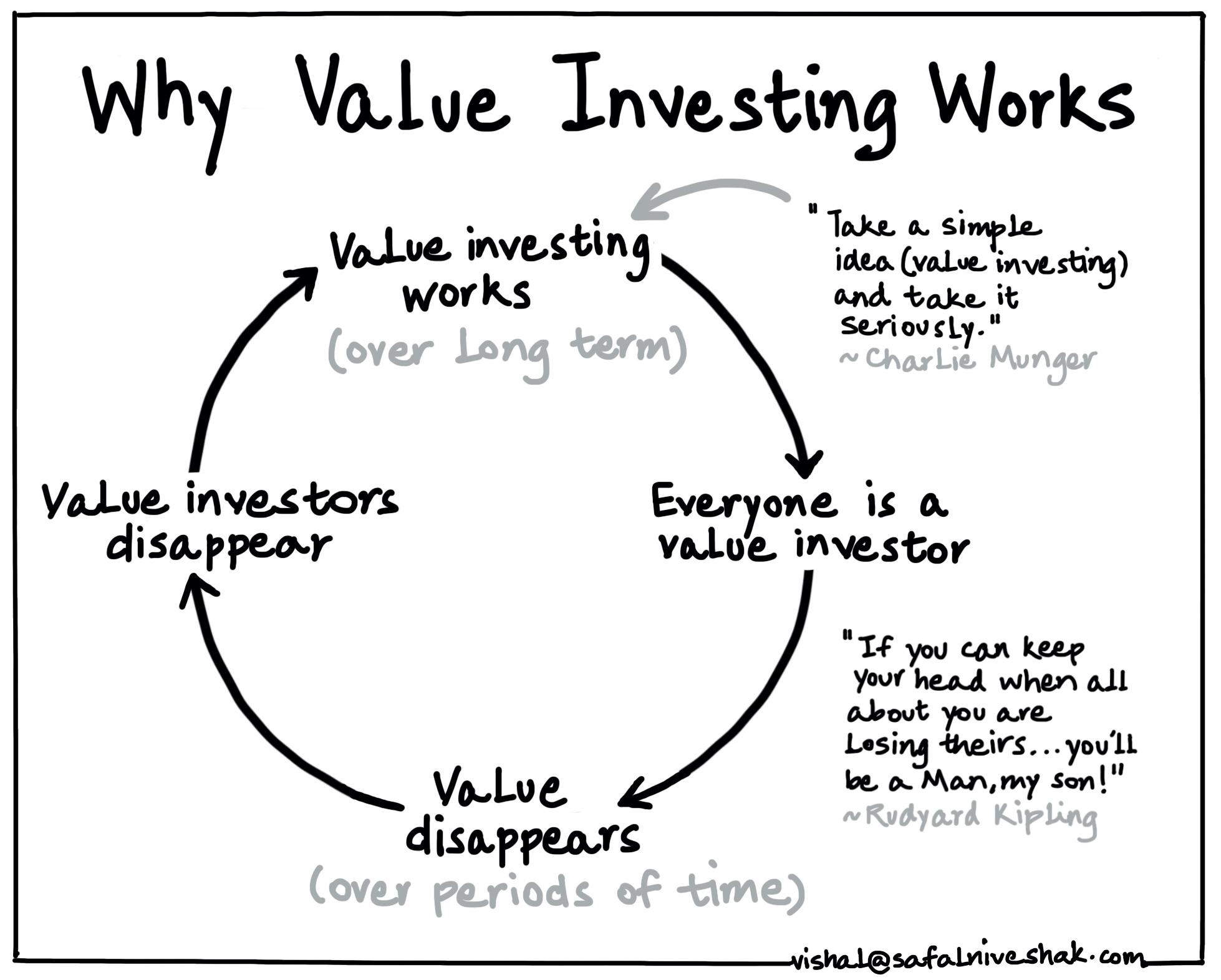If the thought of investing in the stock exchange terrifies you, you are not alone. People with extremely limited experience in stock investing are either terrified by scary stories of the average financier losing 50% of their portfolio valuefor example, in the 2 bearish market that have actually currently happened in this millennium or are seduced by "hot ideas" that bear the guarantee of substantial benefits but rarely settle.
The truth is that purchasing the stock market brings danger, however when approached in a disciplined way, it is one Additional info of the most efficient ways to build up one's net worth. While the worth of one's house typically represents the majority of the net worth of the average individual, many of the affluent and really abundant typically have the majority of their wealth invested in stocks.

Secret Takeaways Stocks, or shares of a company, represent ownership equity in the company, which provide shareholders voting rights as well as a residual claim on corporate profits in the kind of capital gains and dividends. Stock markets are where private and institutional financiers come together to purchase and sell shares in a public location.
For example, an individual or entity that owns 100,000 shares of a company with one million exceptional shares would have a 10% ownership stake in it. Most companies have exceptional shares that run into the millions or billions. Common and Preferred Stock While there are two main types of stocktypical and preferredthe term "equities" is synonymous with common shares, as their combined market price and trading volumes are many magnitudes bigger than that of favored shares.
Preferred shares are so called because they have choice over the typical shares in a company to receive dividends As properties in the event of a liquidation. Typical stock can be additional classified in terms of their voting rights. While the standard premise of common shares is that they need to have equal ballot rightsone vote per share heldsome companies have double or several classes of stock with different voting rights connected to each class.